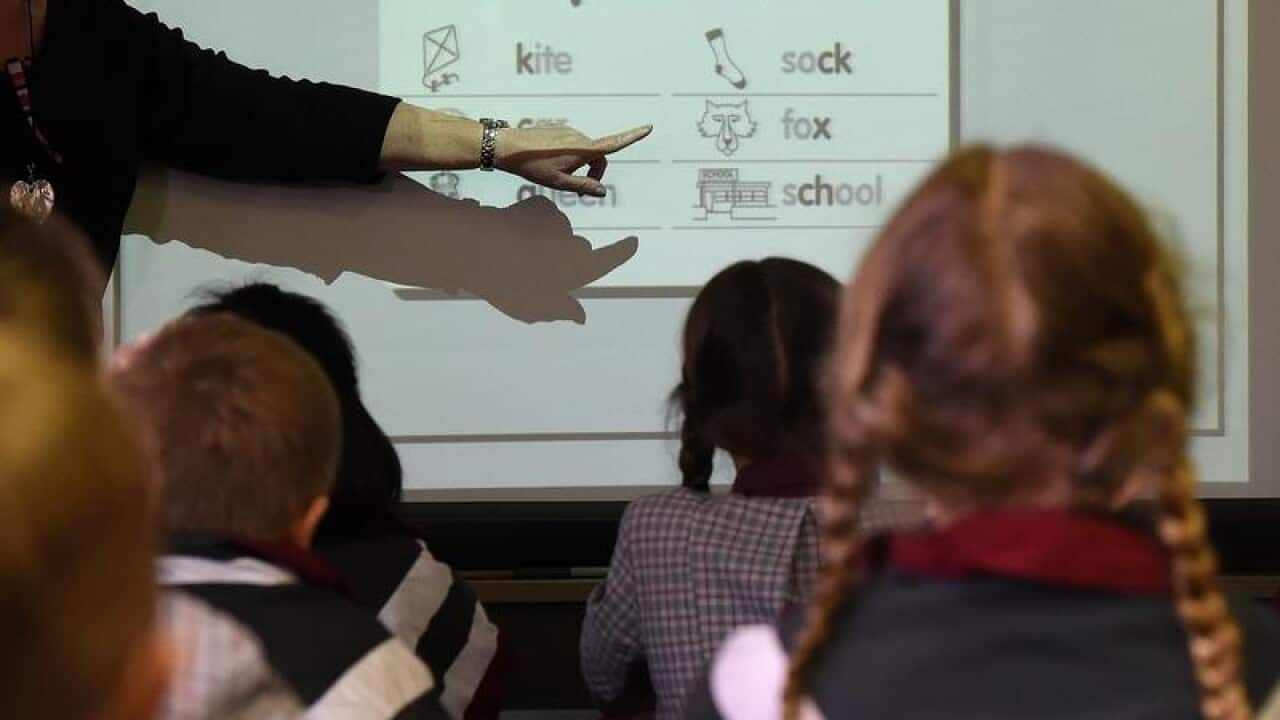Young children who have been exposed to general anaesthesia don't perform as well in literacy and numeracy tests at primary school, an Australian study has found.
University of Sydney researchers analysed school entry assessment scores and Year 3 NAPLAN results of more than 210,000 students in New South Wales between 2009-2014.
Compared to children unexposed to general anaesthesia, the study group had a 17 per cent increased risk of poor child development and a 34 per cent increased risk of lower numeracy scores on school tests.
The findings, published in journal Pediatric Anesthesia, also found a 23 per cent increased risk of lower reading scores on school tests.
While the findings may appear troubling, there is no cause for alarm because the effect is "incredibly" small, says co-author Dr Justin Skowno, a clinical lecturer at the University of Sydney and senior staff specialist in Paediatric Anaesthesia at the Children's Hospital, Westmead.
"The risk is only something we can see when we do a study looking at 210,000 children, its not the kind of effect we can see in one child or even several children. It's a small effect seen over a large number of children," he said.
Animal studies have previously shown that exposure to large doses of anaesthetic over a long period of time at a very young age impacts the ability to learn.
However, Professor Skowno says without further investigation, they can't say definitively that the poorer numeracy and literacy scores found among this cohort of children were caused by the general anaesthetic.
"All we can say is the fact that the child had surgery with an anaesthetic," he added.
"It could be the surgery, it could be the anaesthetic, or it could be the background medical conditions some of these kids have got."
Despite this, Professor Natasha Nassar of the University of Sydney says the findings do suggest the need for greater awareness on the potential impacts general anaesthesia may have on a young child.
"For these children, our findings suggest that it is important to follow up and monitor their literacy and numeracy skills when they reach school, and ensure early intervention, if required," Professor Nassar said.
Parents who may be concerned are advised to discuss the issue with their doctor ahead of a planned surgery, Dr Skowno said.
"Parents can certainly discuss with their doctor and explore whether these procedures can be avoided, combined with other procedures, delayed to older ages, or treated with alternatives to surgery, or other methods of sedation," he said.

